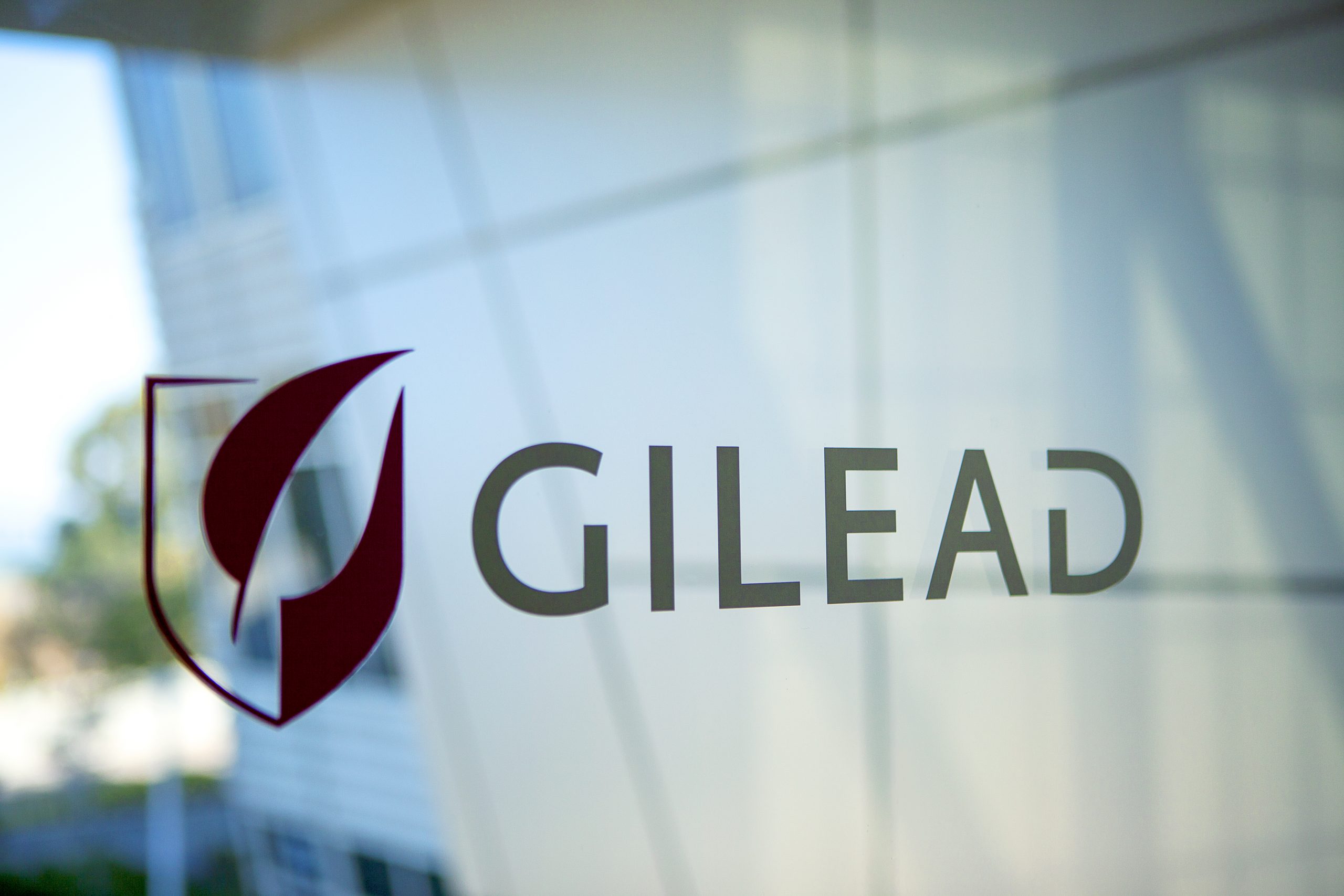Gilead completes $11.9bn Kite acquisition

Gilead has completed its $11.9 billion landmark acquisition of Kite Pharma, as the pharma switches focus from hepatitis C to cancer and revolutionary CAR-T therapies.
The California-based pharma said a subsidiary acquired Kite for $180 per share in a deal that has also net hundreds of millions of dollars for the cancer firm’s CEO, Arie Belldegrun and senior execs.
With the deal, Gilead gets Kite’s chimeric antigen receptor T-cell (CAR-T) therapy, axicabtagene ciloluecel, which is under review in the US and Europe as a treatment for an aggressive blood cancer.
As a result of the sale, Belldegrun is expected to net a bonus of more than $694 million thanks to shares owned and a ‘golden parachute’ payment, while chief operating officer Cynthia Buttita will get around $160 million in shares and a ‘golden parachute’.
R&D chief David Chang will also get a package worth $98 million. As for Belldegrun, he has given no clues about his plans – however, he admitted to the Israel-based website Globes that it will be difficult to exceed his achievements at Kite.
Gilead’s immediate plans for Kite is to increase production of the T-cell technology to an “industrial scale” and increasing manufacturing capability.
This will be no mean feat considering that CAR-T treatments involve harvesting a patient’s T-cells and genetically modifying them so that they attack cancer.
Novartis has already got its rival CAR-T therapy, Kymriah (tisagenlecleucel) on the US market ahead of Kite – but FDA approval bodes well for Gilead as it waits for a decision on “axi-cel” due before the end of November.
Evaluate Pharma predicts that sales of Kite’s drug could peak at around $7.9 billion, compared with $4.7 billion for Novartis’ CAR-T.
But there are safety concerns over Kite’s drug – it emerged in May that a patient treated with it died from cerebral oedema.
The same safety problem caused rival biotech Juno to axe development of its lead CAR-T product after a string of deaths in early-stage trials, switching R&D to a drug further down the pipeline.
Kite seems to have shaken off this setback for the time being, with some impressive long-term trial results showing in a handful of patients with aggressive non-Hodgkin lymphoma, with some living more than four years with complete remission.












